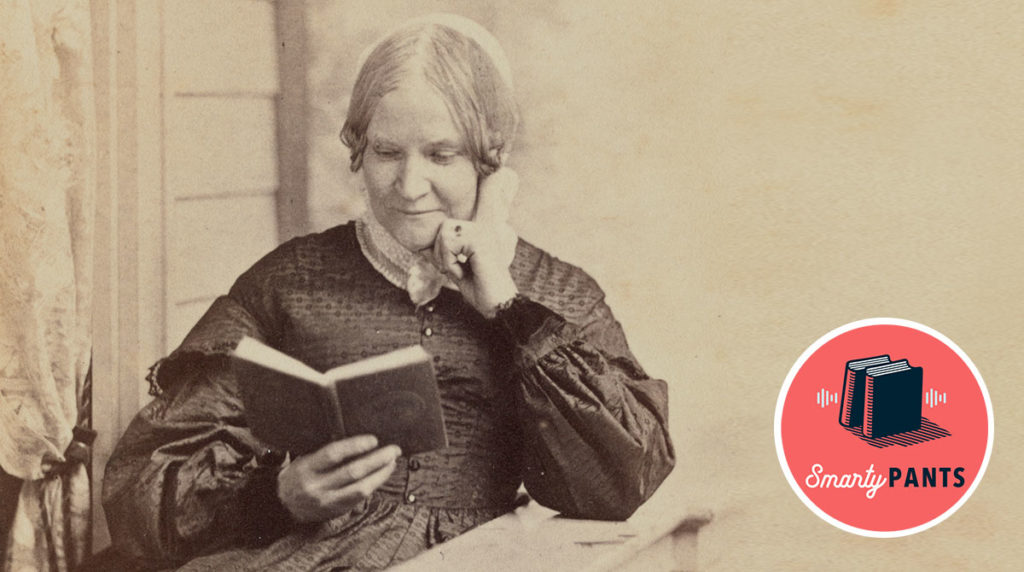The Forgotten Radical
Lydia Moland on the children’s writer who had a change of heart

Whether it was to grandmother’s or grandfather’s house we went, most of us grew up with enough of the tune to get us “Over the River and Through the Wood.” Yet few know much about the poem’s author, Lydia Maria Child. A literary celebrity by the age of 23, she spent much of the 1820s publishing stories, fables, and riddles for young readers, in addition to her blockbuster first novels. But by 1830, Child became an early, and fierce, abolitionist, and in 1833 published one of the first book-length treatises advocating for the emancipation of enslaved Black Americans. How Child gained her convictions—and how she weathered the backlash—is the subject of philosopher Lydia Moland’s new biography, which brings renewed attention to Child’s incisive—and, until now, largely forgotten—critiques of racism and imperialism in 19th-century America.
Go beyond the episode:
- Lydia Moland’s Lydia Maria Child: A Radical American Life
- Read her essay “Freedom Tales” in our Autumn 2022 issue
- Peruse our back catalog of conversations about the 19th-century: Hollywood influencer Elinor Glyn, the divorce capital of the United States, abortion, the Jerusalem of South America, Gilded Age cocktails, Russian spies in China, white women slaveowners, smells …
Tune in every week to catch interviews with the liveliest voices from literature, the arts, sciences, history, and public affairs; reports on cutting-edge works in progress; long-form narratives; and compelling excerpts from new books. Hosted by Stephanie Bastek.
Subscribe: iTunes • Stitcher • Google Play • Acast
Download the audio here (right click to “save link as …”)
Have suggestions for projects you’d like us to catch up on, or writers you want to hear from? Send us a note: podcast [at] theamericanscholar [dot] org. And rate us on iTunes! Our theme music was composed by Nathan Prillaman.


